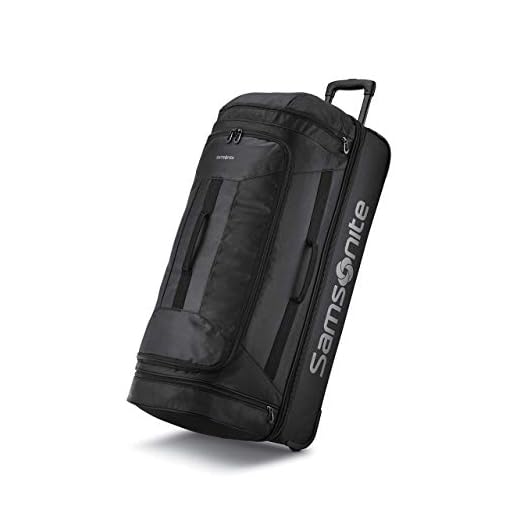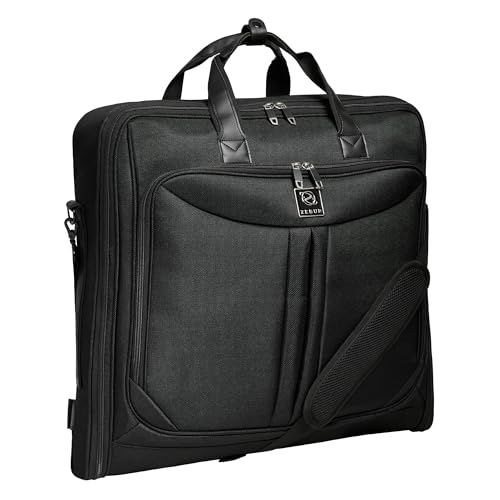



For most airlines, the ideal measurements for cabin bags typically do not exceed 22 x 14 x 9 inches (56 x 36 x 23 cm). This size allows for easy storage in overhead compartments and under-seat allocation during flights.
When selecting a bag, ensure it has ample internal capacity while maintaining these maximum outer limits. Some airlines may have slightly different regulations; thus, double-checking the specific guidelines of your carrier is recommended.
With smart packing techniques, such as rolling clothes and using packing cubes, it’s entirely feasible to fit essentials within the prescribed size. Aim for a lightweight model to maximize your allowable weight limit and facilitate comfortable handling.
Understanding Airline Requirements for Carry-On Size
Always check your airline’s specifications for hand baggage. Most carriers provide precise measurements, typically in inches or centimeters, to ensure items fit in overhead compartments or under seats. General guidelines suggest a maximum length of around 22 inches, width of 14 inches, and height of 9 inches, but variations exist.
Here are some common policies from major airlines:
- American Airlines: 22 x 14 x 9 inches
- Delta Airlines: 22 x 14 x 9 inches
- United Airlines: 22 x 14 x 9 inches
- Southwest Airlines: 24 x 16 x 10 inches
- JetBlue: 22 x 14 x 9 inches
When selecting storage options, a wheeled duffel is a practical choice. Consider the best wheeled duffel bag for international travel for ease of mobility and packing efficiency.
Always verify weight restrictions as well. Many airlines impose a limit, usually around 15-25 pounds, which can vary by carrier. Weight limits are crucial, as excess baggage may incur additional fees.
Monitoring your airline’s specific guidelines before traveling will save time and stress during check-in and boarding.
Common Dimensions Accepted by Major Airlines
Most leading airlines permit hand-held items with maximum measurements around 22 x 14 x 9 inches (56 x 36 x 23 cm). However, this can vary based on the airline’s own guidelines and travel routes.
Airline-Specific Policies
United Airlines adheres to a limit of 22 x 14 x 9 inches. American Airlines follows the same criteria, allowing the same size for carry-on items. Delta Air Lines also conforms to the 22 x 14 x 9 inches standard, ensuring a consistent experience for travelers among these major carriers.
Additional Airline Guidelines
Southwest Airlines permits dimensions slightly larger, set at 24 x 16 x 10 inches. JetBlue maintains a similar allowance, with maximums of 22 x 14 x 10 inches. It’s advisable to examine each airline’s homepage or contact customer service for the latest specifications prior to your flight.
Variations in Carry-On Sizes for International Flights
Travelers must be aware that regulations regarding personal items differ significantly among airlines, particularly for international journeys. Many carriers stipulate maximum dimensions that can range from 45 cm x 35 cm x 20 cm to 55 cm x 40 cm x 23 cm. Select carriers, especially in the United States and Europe, might allow a bit more leeway depending on the aircraft type or route.
Airline-Specific Guidelines
For instance, low-cost airlines often impose stricter limits. Ryanair allows a personal item measuring up to 40 cm x 20 cm x 25 cm, while British Airways accepts slightly larger bags at 56 cm x 45 cm x 25 cm. Keep in mind that size restrictions may fluctuate based on factors such as travel class and whether the flight is domestic or international. Always consult the specific airline’s website prior to packing.
Exceeding Regulations
If your belongings surpass the designated size, you typically face options like checking the item or repacking to fit. Some travelers opt for purchasing additional space at check-in, although this incurs fees. Hence, assessing allowable measurements in advance is prudent to avoid unexpected charges. For those needing equipment like lawn mowers for outdoor activities upon arrival, finding suitable accommodations is vital; check recommendations for best craftsman lawn mowers to ensure you have the tools necessary for your needs.
How to Measure Your Carry-On Properly
To avoid surprises at the airport, measure your bag accurately. Use a soft measuring tape and ensure you measure height, width, and depth. Include wheels and handles in your measurements. An empty bag can appear smaller than it is, so fill it with essentials before measuring for a more realistic size.
When measuring, follow this sequence: 1) Place the bag on a flat surface. 2) Measure the height from the bottom to the top. 3) Measure the width across the widest part. 4) Finally, measure the depth from front to back. Record these numbers.
Tips for Accurate Measurement
Always verify your measurements with an airline’s specific requirements, as guidelines vary. If you’re shopping for options, consider checking out the best travel backpack and duffel to ensure your selection meets size regulations.
Conduct a double-check after adjusting zippers and expansions. Don’t forget to measure after adding items like packing cubes, as these can alter dimensions significantly.
Weight Restrictions That Accompany Carry-On Dimensions
Many airlines impose specific weight limits alongside the measurements of portable bags. Typically, these weight restrictions vary from 15 to 22 pounds (7 to 10 kg), but it is essential to verify with each airline, as policies differ across carriers.
Airline-Specific Guidelines
Low-cost airlines frequently enforce stricter weight limitations, often around 15 pounds (7 kg) for smaller, budget-friendly fares. On the other hand, major carriers may allow slightly higher weights. Always check the airline’s terms before arriving at the airport, as fees can incur for exceeding the limit.
Tips for Efficient Packing
To comply with weight restrictions, prioritize multifunctional items, minimize bulky clothing, and utilize packing cubes to organize belongings effectively. A portable scale can be beneficial for pre-flight checks, ensuring your bag stays within the designated limits to avoid unexpected fees.
Choosing the Right Bag for Your Travel Needs
Select a piece that aligns with your travel pattern. For weekend getaways, a compact option suffices, while longer trips may require something more spacious yet compliant with airline regulations.
Material and Durability
The fabric impacts durability and weight. Lightweight materials like polyester or nylon are ideal for ease of transport. Consider options with water-resistant properties to protect contents during unexpected weather.
Functional Features
Examine functionality in addition to size. Look for bags that offer multiple compartments for organization. Consider wheels and handles for portability; a two-wheeled design typically maneuvers better in tight spaces compared to four-wheeled variants.
It’s helpful to check for external pockets for easy access to essentials like boarding passes or electronics. Additional features such as a built-in USB port might enhance convenience for those using devices frequently.
Weight Considerations
Check the weight, as it impacts packing capacity. A lightweight design allows room for additional items without exceeding airline limitations. Weigh your selection empty prior to filling to ensure it balances with personal belongings appropriately.
| Feature | Recommended Option |
|---|---|
| Material | Lightweight Nylon |
| Wheels | Two-Wheeled |
| Compartment Design | Multi-Functional |
| Weight | Under 5 lbs |
Finding a bag that aligns with personal preferences alongside airline guidelines will create a more enjoyable traveling experience.








